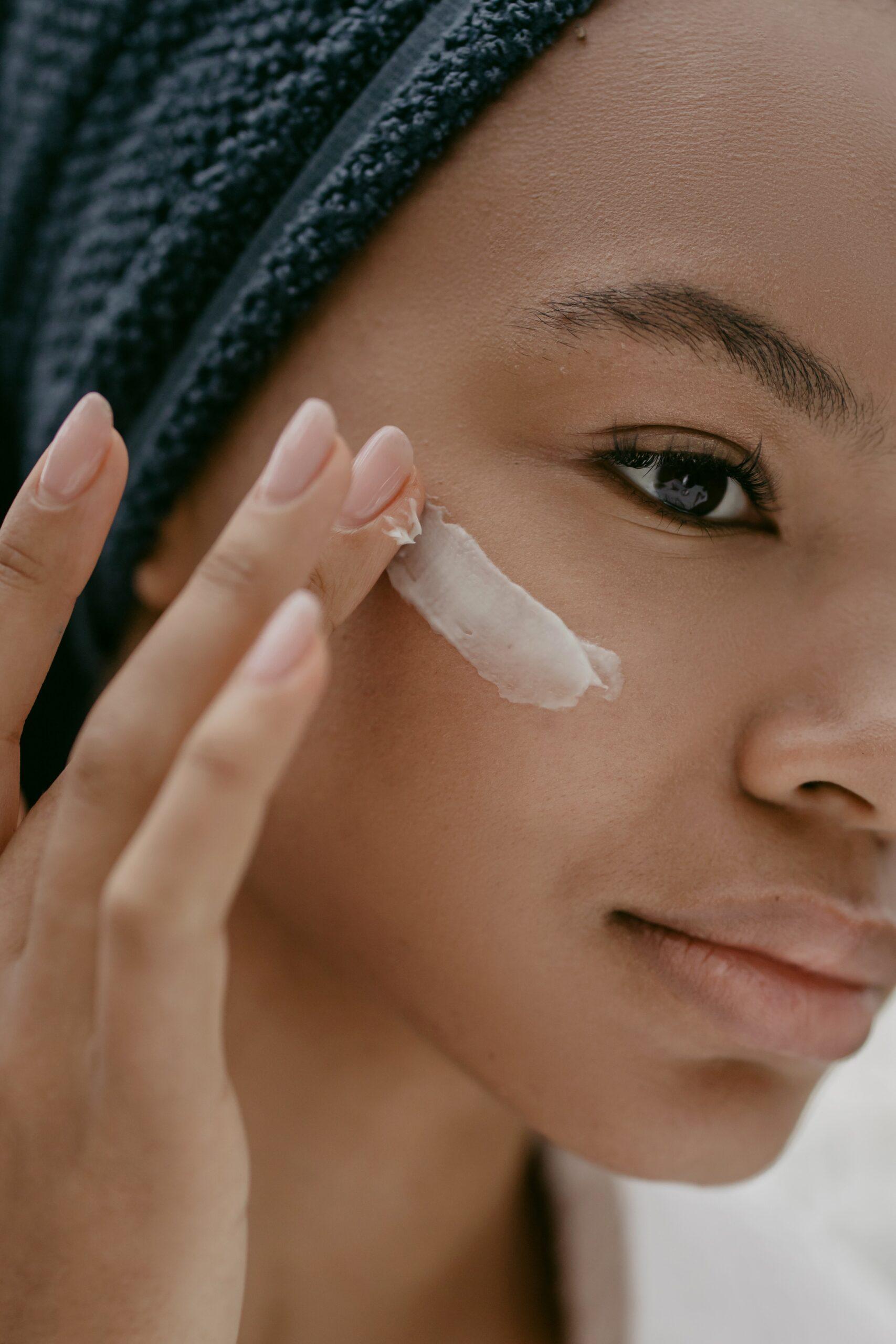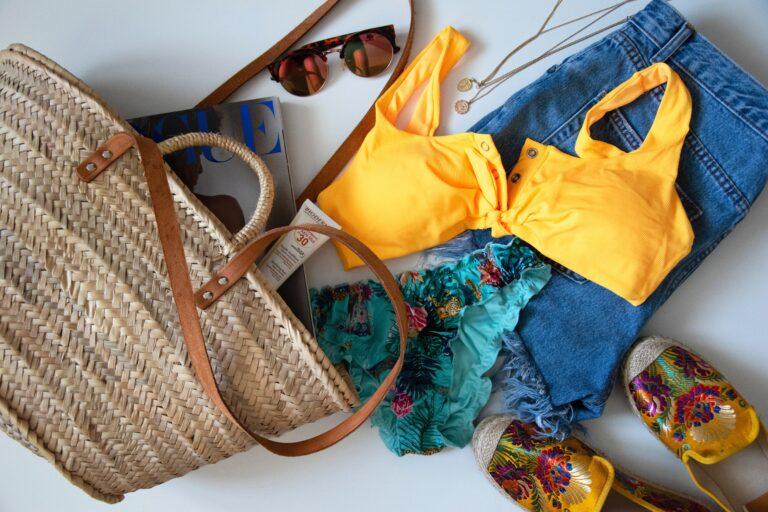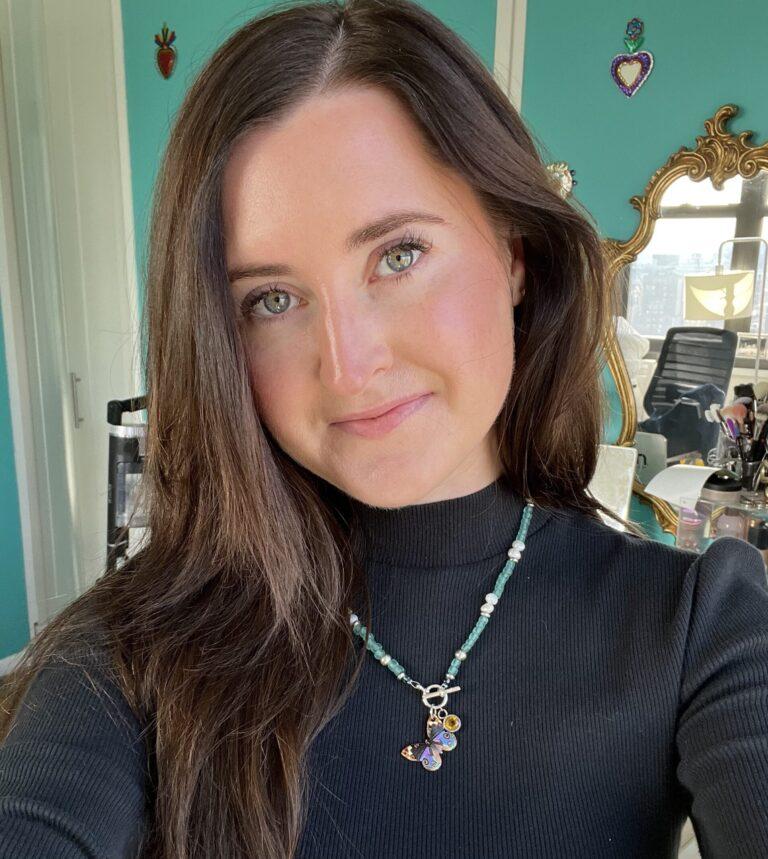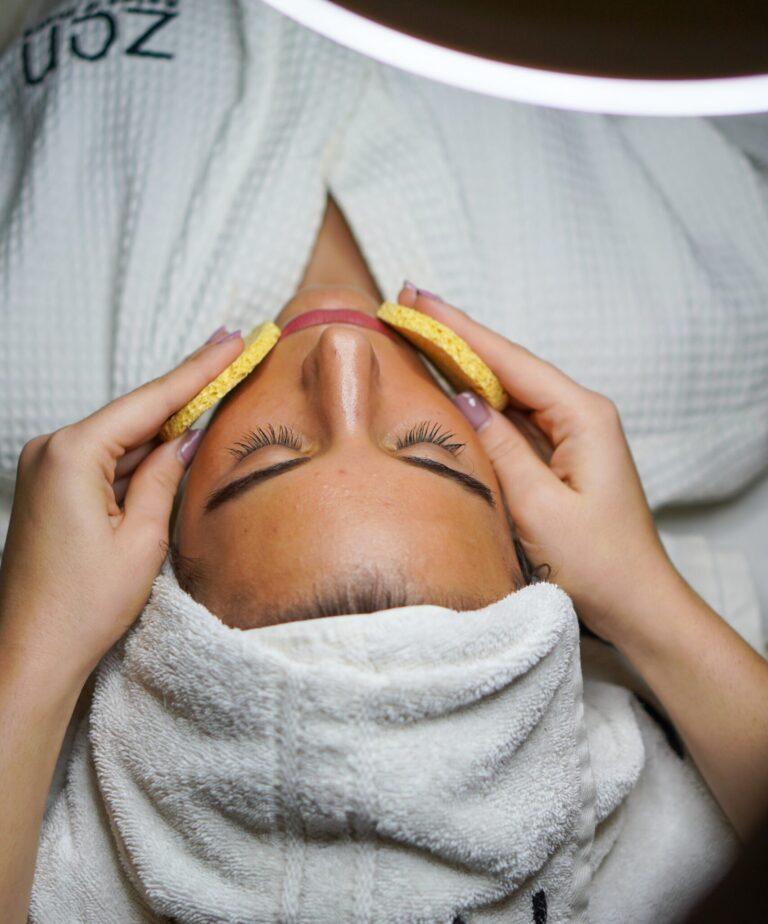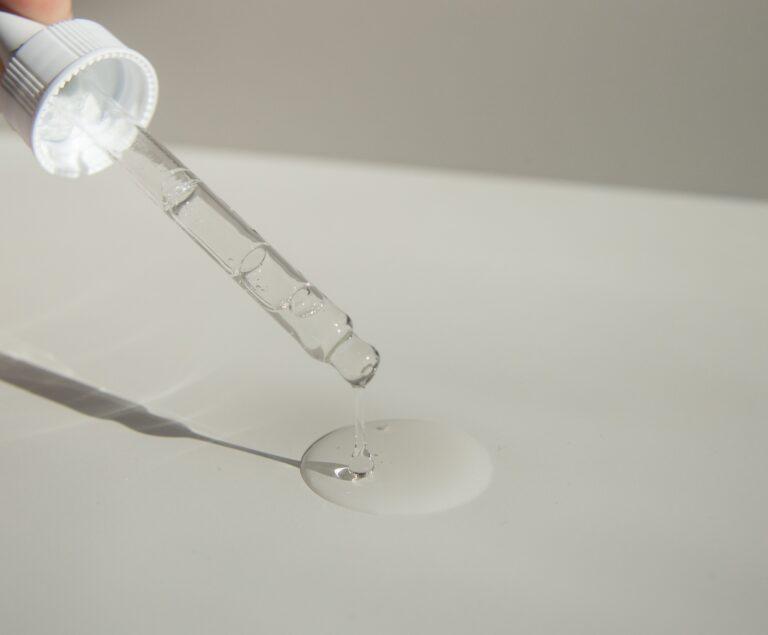When Should You Start Using Eye Cream?
I’ve been a beauty editor for a long time. Even so, I was convinced that eye creams were bogus. I know, I know. It wasn’t until I started seeing the actual effects of aging in my early 30s that I realized how amazing an eye cream can be to, well, reduce the signs of aging. Plus, a good eye cream can help decrease dryness and puffiness regardless of when you start using it.
That said, if you’re wondering when should you start using eye cream, my answer would be: right now. Start using eye cream as early as possible. No matter what age you are, using eye cream on the delicate skin around the eyes can work as both a preventative measure and a reactive measure.
Personally, I took the reactive route and started using eye cream when I turned 30. I started noticing more wrinkles around my eyes. There was also darkness in my under-eye area that I’d never noticed before. I had never really used eye cream in my 20s because 1) most eye creams I tried irritated my skin and 2) I felt like the beauty industry just made up another special product that women “need” to spend money on to improve their appearance. Unfortunately, I believed that eye cream formulas were essentially the same formula as face cream. They were just in a smaller bottle and marketed differently.
I have since learned that that’s not true. There are specific ingredients and textures in eye creams that can target specific concerns around your eye area, meaning that eye creams are formulated specifically for your eye area. Below, I’m gonna persuade you to rethink your stance on eye creams by giving you the 411 on when should you start using eye cream in your skincare regimen.
When Should You Start Using Eye Cream?
As I mentioned previously, I would start using eye cream… yesterday. I wish I had started using it daily in my early 20s, but I can’t turn back time, unfortunately. Incorporating a hydrating and/or anti-aging eye cream in your early 20s is a smart way to prevent wrinkles from forming in your 30s. Even when you think you don’t need an eye cream in your early 20s, I would start using one before you begin noticing any changes to your eyes.
That being said, if you are in your 30s and are just starting out with eye creams, fret not. There are still a ton of brands out there that work to actively treat any concerns you might have about your eye area—whether that be fine lines and wrinkles, dark circles, or even puffiness under the eyes, too.
What Do Eye Creams Do?
Different eye creams will do different things to your eyes—it really depends on what concern you’re trying to target. Many eye creams contain hydrating, emollient ingredients that work to moisturize the area around your eyes. When your skin is moisturized, fine lines and wrinkles are less apparent because the moisture has essentially plumped up the skin and “filled in” the wrinkles. The beauty of eye creams is that most of them are so emollient. You really only need to apply a small amount to your eye area.
Other eye creams can help to tighten the skin around your eyes, so that they appear more “youthful” and awake. Finally, there are eye creams that work to treat dark circles under eyes, so that they appear less visible.
There are eye creams on the market that are able to target all of these concerns in just one formula (think one size fits all). All eye creams are formulated differently than say, your moisturizer or serum. The skin around your eyes is much thinner and more delicate than most other parts of your body. Because of this, cosmetic chemists create formulas for brands that are gentle enough to treat such sensitive skin.
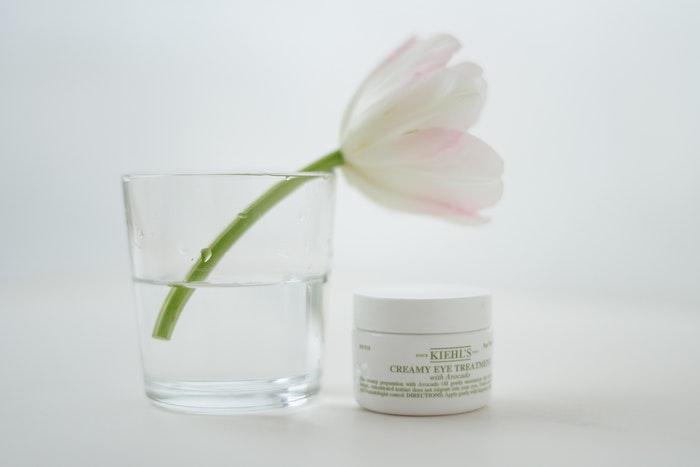
Are Eye Creams Necessary?
Surprisingly, the skin around your eyes doesn’t produce as much oil as the rest of your face, like your T-zone and cheeks. Because of this, your eye area is drier than other parts of your body. Now that I can see the effects of aging, I definitely think that eye creams are necessary at any age.
Not only do eye creams work to treat issues like wrinkles, puffiness, and dark circles, but they are necessary to keep the skin hydrated, moisturized, and glowing.
Do Eye Creams Work?
I used to believe that eye creams didn’t work back when I was in my early 20s. But I think that’s because I felt like I didn’t need them back then. Now, I’m 100% convinced that eye creams do work, and that they are worth spending money on.
Eye creams will help keep the skin around your eyes moisturized and happy. And depending on the ingredients, they can also decrease puffiness, conceal dark circles, stimulate collagen production, and minimize the appearance of fine lines and wrinkles.
I notice a difference in my eyes after using eye cream daily. I usually notice it in the morning, when my eyes look less dull, more hydrated, and the faint wrinkles around my eyes are much less prominent. (Pro tip: When applying eye cream, use your ring finger—which is the least likely to pull or tug at the skin in your delicate eye area.)
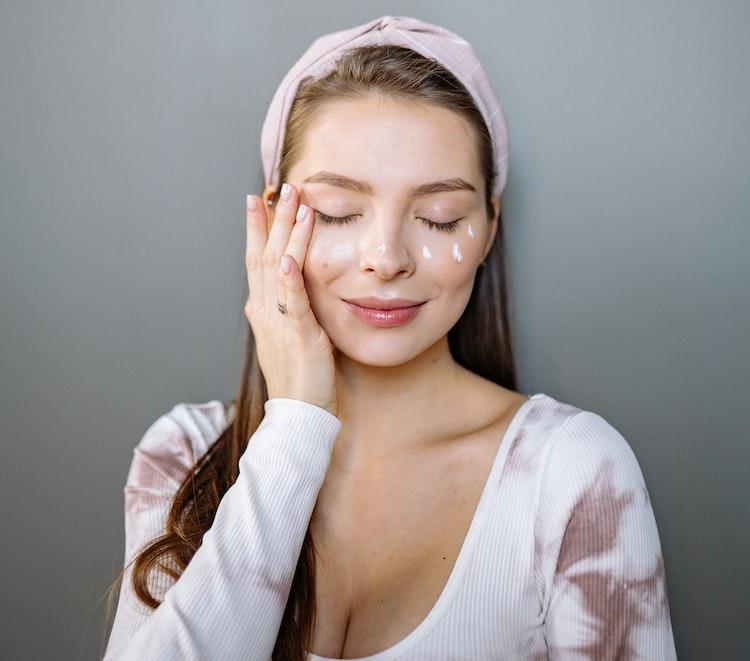
What To Look For In An Eye Cream
Texture
The texture of each eye cream is different. And the eye cream texture you choose really comes down to preference. Personally, I prefer a thicker eye cream that’s super emollient and creamy. Others prefer an “eye gel” that’s a lighter consistency and feels like a cooling gel. Consider the kind of texture you like your other skin care products to be (thick, thin, gel-like, creamy, etc.), and then go from there.
Skin concern
What type of concerns do you have for your eyes right now? Are they getting wrinkly from aging? Do they look tired with dark circles? Do your eyes constantly look puffy, like you’ve been crying all night? Your specific skin concern will determine which type of active ingredients you should look for in your eye cream. If your concern is:
- Puffiness and swelling—look for anti-inflammatory antioxidants in your eye cream, like ferulic acid, vitamin C, and vitamin E
- Fine lines and wrinkles—look for an eye cream that contains a retinol
- Crepey skin—look for an eye cream that contains peptides
- Dryness—look for an eye cream that contains hydrating ingredients, like hyaluronic acid and ceramides
- Dark circles or discoloration—ingredients like niacinamide and kojic acid work well to brighten the skin around your eyes
Sun protection
If you’re someone who is out in the sun often, consider looking for an eye cream with SPF in it. There are many great formulations out there to protect your eye area. I wouldn’t advise using an eye cream with SPF at night time, but you could incorporate two eye creams—a day one with SPF and a nighttime one with more anti-aging ingredients—into your daily skincare routine.
Fragrance-free
Everyone has different skin types, and unfortunately, mine is sensitive. If you have sensitive skin, you’re probably going to have really sensitive skin around your eyes, too. Eye creams that aren’t targeted towards sensitive skin normally cause irritation for me, so I always look for a product that is ideal for sensitive skin, and that is fragrance-free, too.
Clean ingredients
Because the eye area is so delicate, you might consider choosing a formulation that is free from nasties and contains only clean ingredients. A great website to check on this is the EWG Skin Deep Database. You can type in the eye cream product that you’re interested in trying out and see how clean the formulation is.


